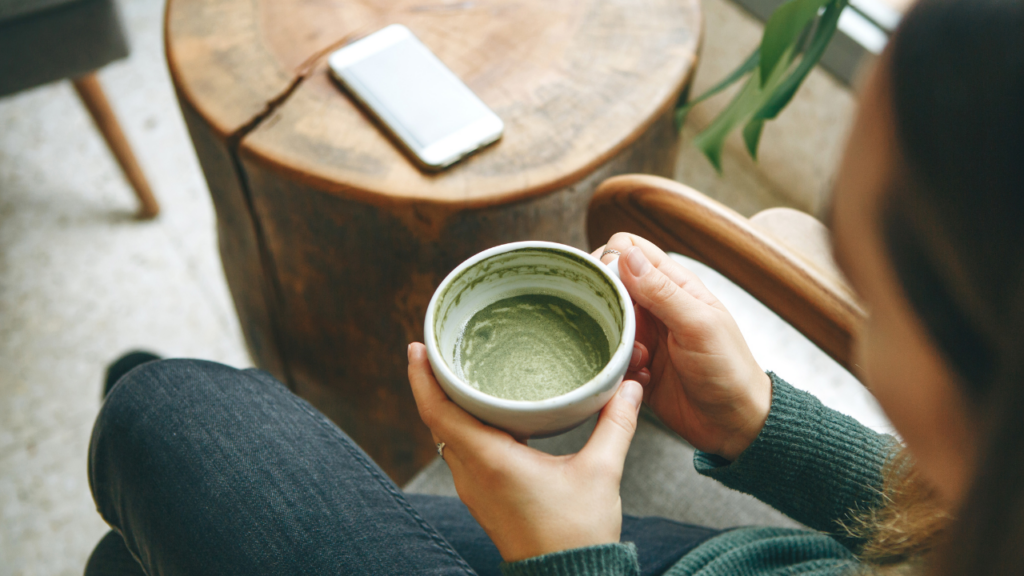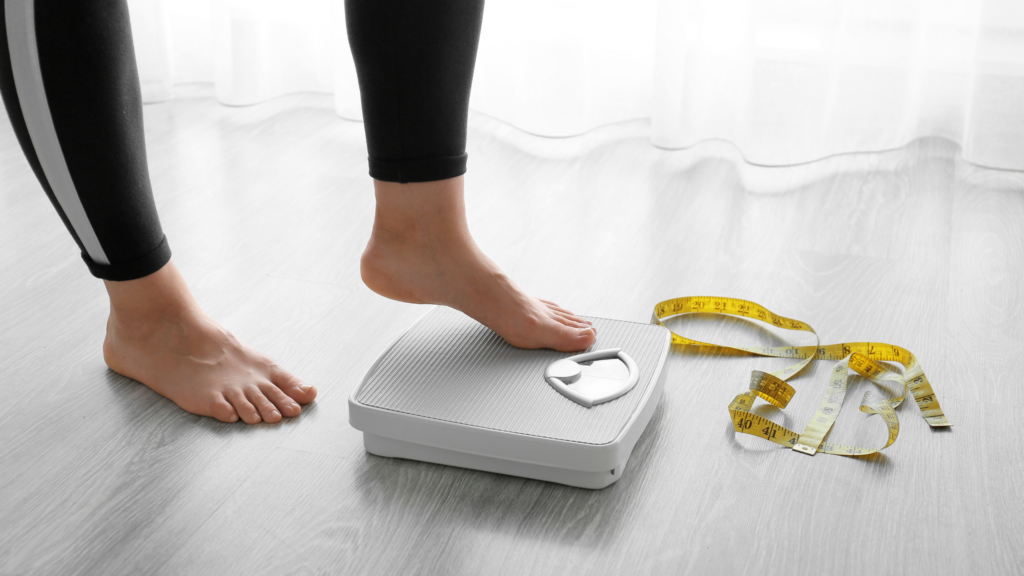Exercise Addiction
Published on April 19, 2018 by Dr. Caitlin Gordon
Do you have a healthy relationship to exercise?
 Boulder, your exercise addiction is showing.
Boulder, your exercise addiction is showing.
We don’t talk about this enough. Exercise is assumed to be healthy at any frequency and intensity and with any underlying motive. But, like anything, too much can be dangerous and the motivation for working out is revealing!
Feeling anxiety if you go 1-2 days without getting in a workout is a sign that you’re using exercise to mask an underlying emotional need. The core need may be to feel productive, desirable, lovable, or accepted. Maybe you need to feel calm or numb and exercise does that for you. But you can’t run from your feelings (literally, runners I’m talking to you). While there’s no doubt exercise has a place in treating emotional imbalance on a physiological level, it isn’t going to fulfill deeper emotional needs.
Resting brings up uncomfortable questions around self-worth, self-acceptance, body image, and the state of our nervous system.
While exercise has never been my drug of choice, I fully understand on a personal level using habits (even seemingly healthy ones) to numb or distract from unmet emotional needs.
I see athletes really struggle when they are injured. I see college girls who believe that they can’t take a rest day without losing progress, gaining weight, or having to compensate with restricting food. This is not a healthy relationship to movement.
What will happen, inevitably, if you have an addictive relationship with exercise is that you will either get so sick you can’t exercise, or you will get hurt. Your body will slow you down eventually. Some people learn the lesson and others go right back to their old ways until it happens again.
Exercise Addiction: Signs you may have an unhealthy relationship with exercise
- Skipping workouts causes anxiety or irritability
- You plan workouts on travel days
- Workouts only count if they’re hard and sweaty
- You obsess over gym access when planning vacations
- When you miss a day or two of working out you feel stressed or restrict calories
- You don’t consider yoga or walking to be exercise
- Exercise gets in the way of social plans or family time
- You exercise before 6 am or after 8 pm on a regular basis
- You feel exhausted after workouts
- If you have to choose between getting 7 hours of sleep and skipping a workout or 6 hours of sleep and getting in a workout, you’re choosing exercise
- You exercise even if you’re tired and feel like resting
More detail on exercise addiction characteristics here.
This may be a triggering list for some of you. The point is not to make you feel shame or guilt about your relationship with exercise. There is an opportunity here for reflection and honest self-evaluation. We all have ways of escaping uncomfortable feelings, so you’re not alone.
How to create a healthy relationship with exercise

Exercising is an act of self-love and self-respect. We move because it feels good and because it supports our physical and emotional health. What is most important in cultivating a healthy relationship to exercise, and avoiding exercise addiction, is to exercise intuitively.
This means when you feel run down, tired, or burnt out, you choose rest instead of exercise. When you do a workout and you feel completely wiped out the rest of the day, you take that information in and recalibrate the following day. You do less because you noticed that your energy level was too depleted by that amount of exertion.
Workout and exercise should come naturally and not be a rigid plan. You can plan workouts in advance, but if the day comes along and you are sick, injured, or exhausted, you cancel the workout. Rest is equally valuable to movement.
When you feel a compulsion to workout, you check-in with your emotional state. Are you feeling anxious? Overwhelm? Anger? Take a few minutes to make space for your emotional experience before drowning it out with endorphins. Our emotions are information and we miss the opportunity for growth when we don’t allow the room for introspection and insight.
If you’re regularly feeling too tired to exercise, schedule a functional medicine consult and let’s get to the root of your fatigue. If you continue to push through fatigue to workout, you will create hormonal imbalances that can take years to heal.
Some people with a true exercise addiction may need to stop exercising all together for some time to reset and find a healthy balance again. Compulsive behaviors that are causing injury or harm may require professional support. I recommend finding a good talk therapist and investigating natural ways to manage stress and emotional tension outside of physical exertion. Acupuncture is a wonderful option!
Looking for effective natural solutions to treat your anxiety or depression?
The contents of this site, including text, graphics, images, and other material are for informational purposes only. Nothing contained in this site is or should be considered or used as a substitute for professional medical or mental health advice, diagnosis, or treatment. Please schedule an appointment for personalized health advice.






